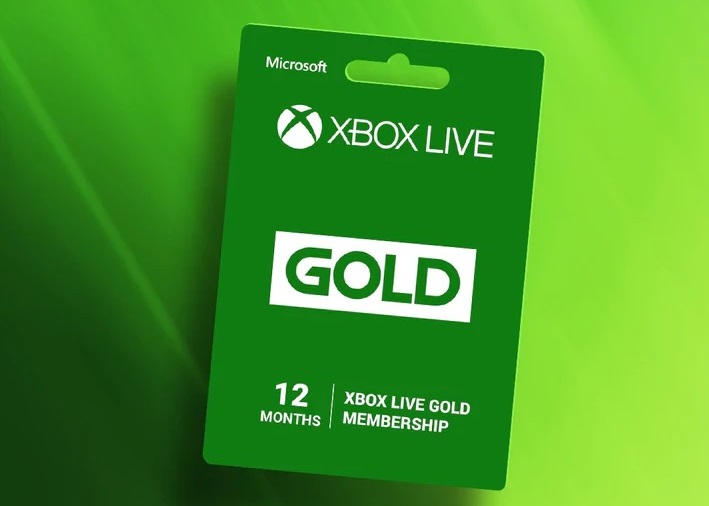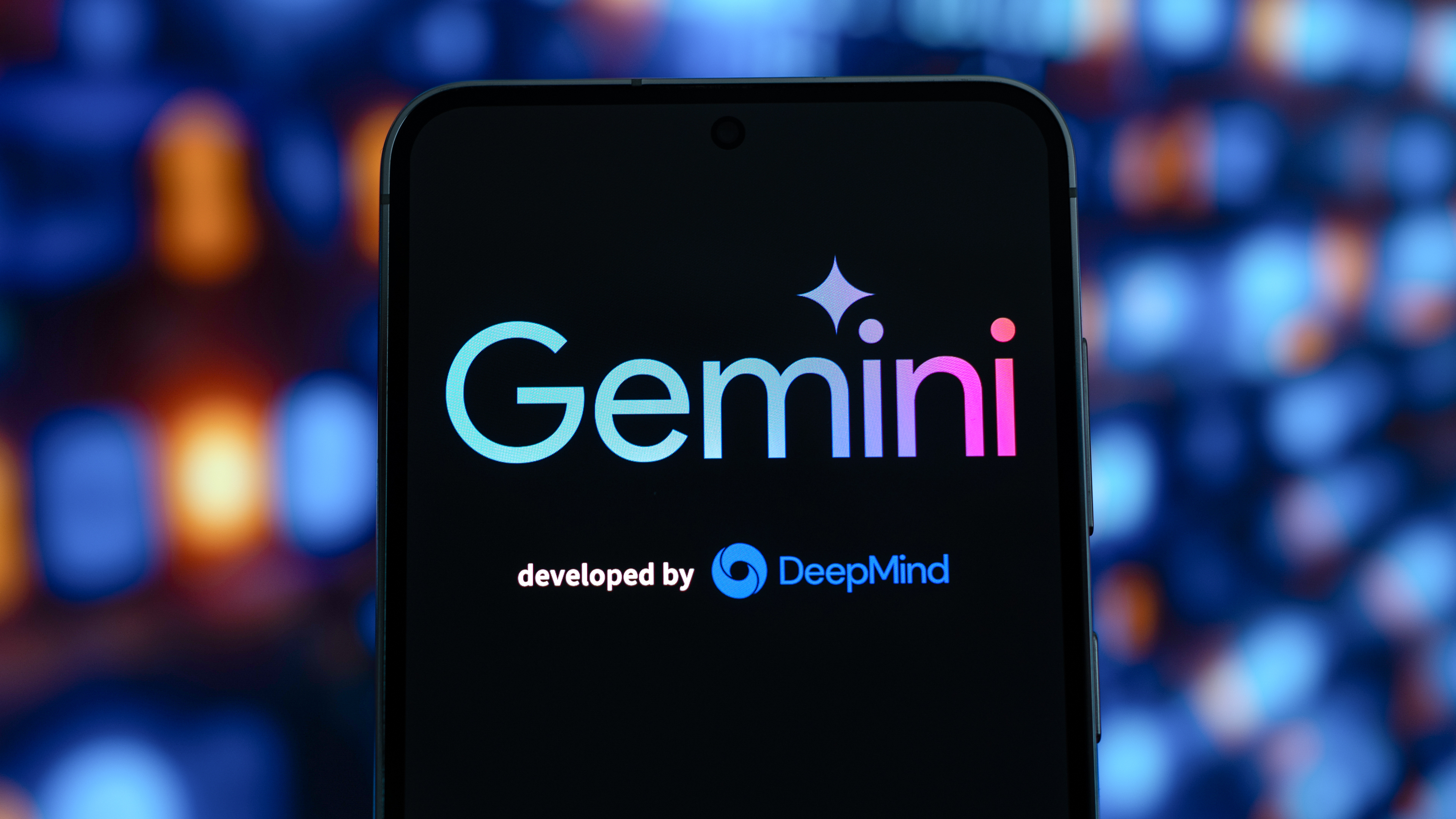Microsoft pulls 12-month Xbox Live Gold ahead of Xbox Series X
Xbox Series X could come with new online services as Microsoft kills-off annual Xbox Live Gold subscriptions

Here at Tom’s Guide our expert editors are committed to bringing you the best news, reviews and guides to help you stay informed and ahead of the curve!
You are now subscribed
Your newsletter sign-up was successful
Want to add more newsletters?

Daily (Mon-Sun)
Tom's Guide Daily
Sign up to get the latest updates on all of your favorite content! From cutting-edge tech news and the hottest streaming buzz to unbeatable deals on the best products and in-depth reviews, we’ve got you covered.

Weekly on Thursday
Tom's AI Guide
Be AI savvy with your weekly newsletter summing up all the biggest AI news you need to know. Plus, analysis from our AI editor and tips on how to use the latest AI tools!

Weekly on Friday
Tom's iGuide
Unlock the vast world of Apple news straight to your inbox. With coverage on everything from exciting product launches to essential software updates, this is your go-to source for the latest updates on all the best Apple content.

Weekly on Monday
Tom's Streaming Guide
Our weekly newsletter is expertly crafted to immerse you in the world of streaming. Stay updated on the latest releases and our top recommendations across your favorite streaming platforms.
Join the club
Get full access to premium articles, exclusive features and a growing list of member rewards.
In preparation for the Xbox Series X, Microsoft looks to be continuing its big overhaul of the Xbox's online services.
In a statement to TrueAchievements (via TechRadar), Xbox has confirmed it is no longer selling 12-month subscriptions to Xbox Live Gold, the service which offers online multiplayer and free downloadable games each month to subscribers. "At this time, Xbox has decided to remove the 12 months Xbox Live Gold SKU from the Microsoft online Store," goes the statement from an unnamed Microsoft spokesperson.
- Xbox Series X price, specs, controller, pre-order and latest news
- Which console will win? PS5 vs Xbox Series X
- Plus: PS5 pre-order leak means you might be able to snag one
You can still pay for Gold by monthly or three-month periods, in case you want to maintain online access for the time being. However, if you're a keen Xbox player you're likely going to be more interested in whatever Microsoft is cooking up next.
We recently heard that Xbox would be combining its Game Pass and xCloud services. Merging its game-on-demand and game streaming offerings means that users won't have to fill up their console's storage with games, and can instead play them via the cloud on the Xbox or an Android device linked to their account. With this recent Xbox Live Gold move, it's perhaps possible that Microsoft plans to fold this into the new all-in-one subscription, too.
We can perhaps expect some closer integration for Game Pass Ultimate as well, which features support for PC gaming as well as Xbox consoles. Since Xbox is introducing Smart Delivery, which allows users to buy games on Xbox consoles and PCs simultaneously, it wouldn't make much sense for it to continue running the Xbox and PC versions of Game Pass as separate entities.
The Xbox Series X is expected to launch in November, as is the PS5. The two share many specs, such as ray-tracing compatibility and fast SSD storage. However, the Xbox offers a few more teraflops of GPU output than the PS5, as well as the Smart Delivery system. The PS5, on the other hand, is focusing on exclusive games, 3D audio and its DualSense haptic controller to stand out.
Get instant access to breaking news, the hottest reviews, great deals and helpful tips.

Richard is based in London, covering news, reviews and how-tos for phones, tablets, gaming, and whatever else people need advice on. Following on from his MA in Magazine Journalism at the University of Sheffield, he's also written for WIRED U.K., The Register and Creative Bloq. When not at work, he's likely thinking about how to brew the perfect cup of specialty coffee.
 Club Benefits
Club Benefits





